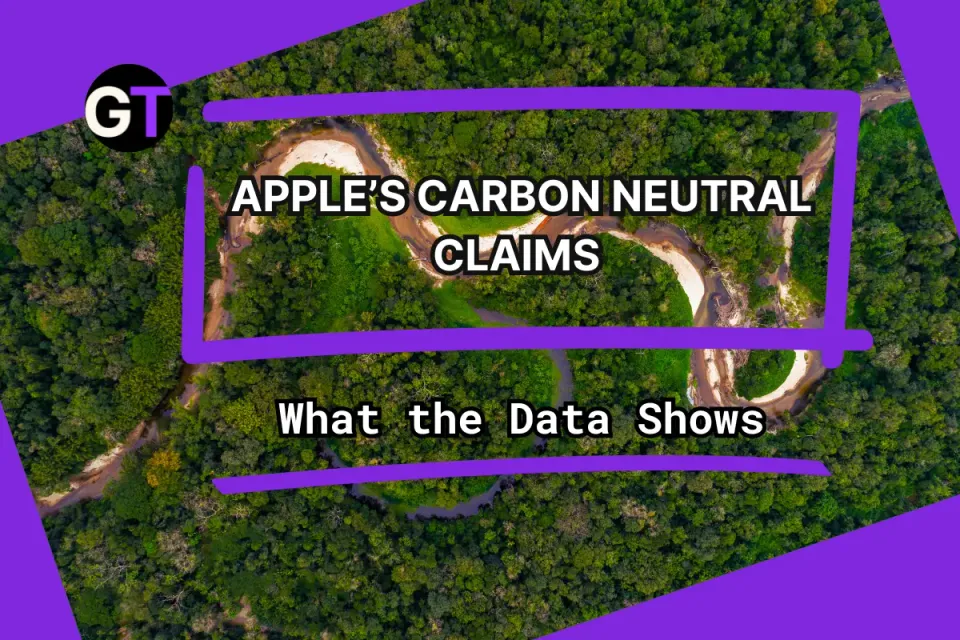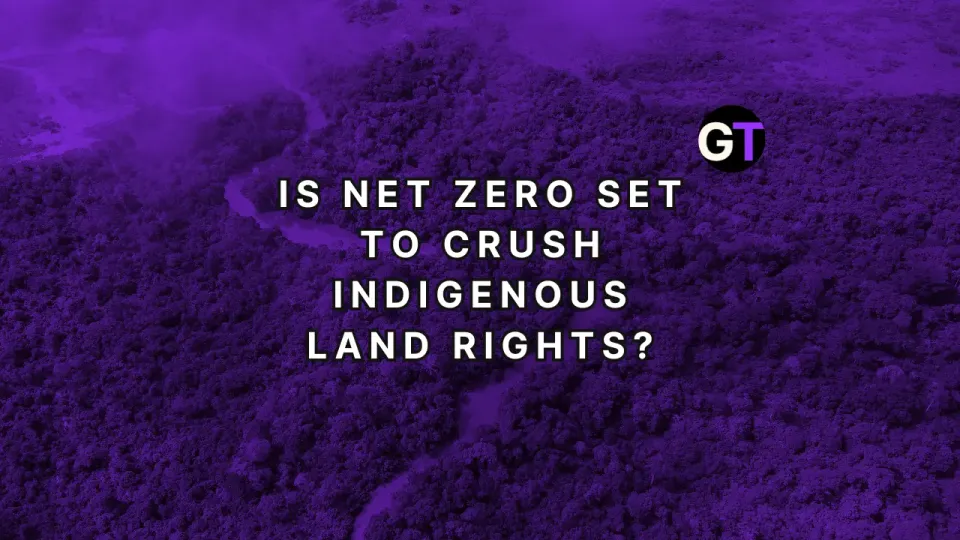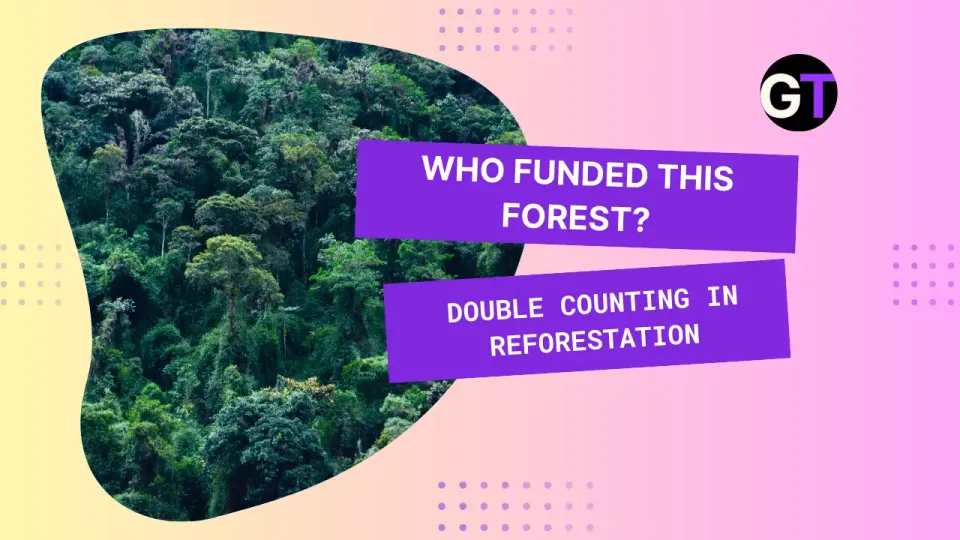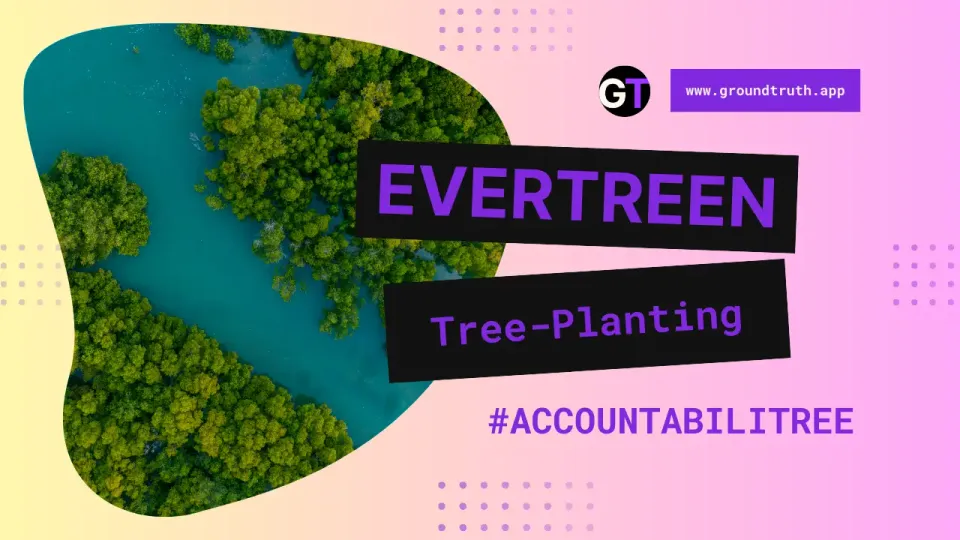Unveiling the Dual Role of Forests in the Methane Cycle🌱
This breakthrough emphasizes the importance of preserving and expanding forests to combat climate change.🌍

Forests as Unseen Methane Sinks
🌲Forests have long been recognized for their role in carbon sequestration, but recent research reveals they also play a crucial part in methane mitigation. The study "Global atmospheric methane uptake by upland tree woody surfaces" by Gauci et.al. (2024) sheds light on how different forest types contribute to absorbing methane, a potent greenhouse gas. This breakthrough emphasizes the importance of preserving and expanding forests to combat climate change.🌍
🔍Critical Insights into Forest Methane Dynamics
Understanding methane fluxes in forest ecosystems is essential for developing comprehensive climate models. This study highlights the significant methane uptake by tree stems across various biomes, including tropical, temperate, and boreal forests. By measuring methane fluxes and oxidation potentials, the researchers provide new insights into how forests can mitigate methane emissions, thereby enhancing our ability to forecast and manage greenhouse gas levels.📊
How might this new understanding of methane uptake change our approach to forest conservation?
🌿Diverse Forest Types and Their Methane Uptake
The research involved extensive measurements of methane fluxes from tree stems in Amazonian floodplains, semi-evergreen forests in Panama, and temperate forests in Sweden. The findings reveal substantial variations in methane uptake across different forest types and seasons, influenced by factors such as tree species, stem height, and local hydrology. These variations underscore the complexity of forest methane dynamics and the need for tailored conservation strategies.🌳
💡 Harnessing Data for Effective Climate Solutions
The study underscores the importance of incorporating tree methane uptake into global carbon models. By leveraging open data and collaborative research, we can develop more accurate climate projections and effective mitigation strategies.
Why it’s important: This approach not only enhances our understanding of methane dynamics but also fosters a collaborative effort towards environmental sustainability. 🔓
How can global collaboration improve our climate models?
Open Data & Code
Read the open data at the UBIRA e-Data repository. And in th study.
Author Socials
Vincent Gauci
- LinkedIn: Vincent Gauci
- Twitter: @GauciGauci
Alexandre Shenkin
- LinkedIn: Alexandre Shenkin
- Twitter: @ashenkin
- Instagram: @ashenkin
- Mastodon: @ashenkin@ecoevo.social
- GitHub: ashenkin
Sunitha Rao Pangala
- Researchgate: Sunitha Pangala
David Bastviken
- ORCID: David Bastviken
- Linköping University Profile: David Bastviken
Viviane Figueiredo
- ORCID: Viviane Figueiredo
Emma Sayer
- ORCID: Emma Sayer
- Lancaster University Profile: Emma Sayer
Tainá Stauffer
- ResearchGate: Tainá Stauffer
Bertie Welch
- Researchgate: Bertie Welch
Dafydd Elias
- Researchgate: Dafydd Elias
Niall McNamara
- Researchgate: Niall McNamara
Myles Allen
- Researchgate: Myles Allen
Yadvinder Malhi
- Researchgate: Yadvinder Malhi
Carla Gomez
- PRSA: Carla Gomez
- Digicast Negros: Digicast Negros
Josep Barba Ferrer
- Researchgate: Josep Barba Ferrer




